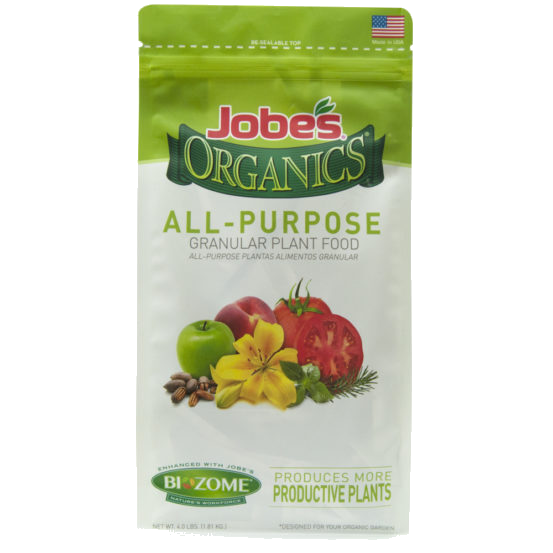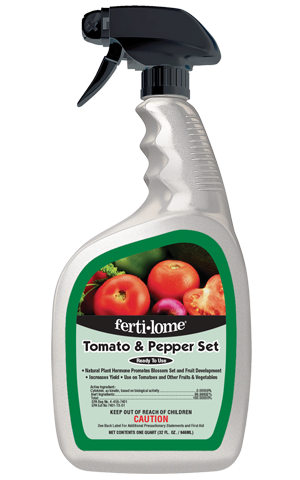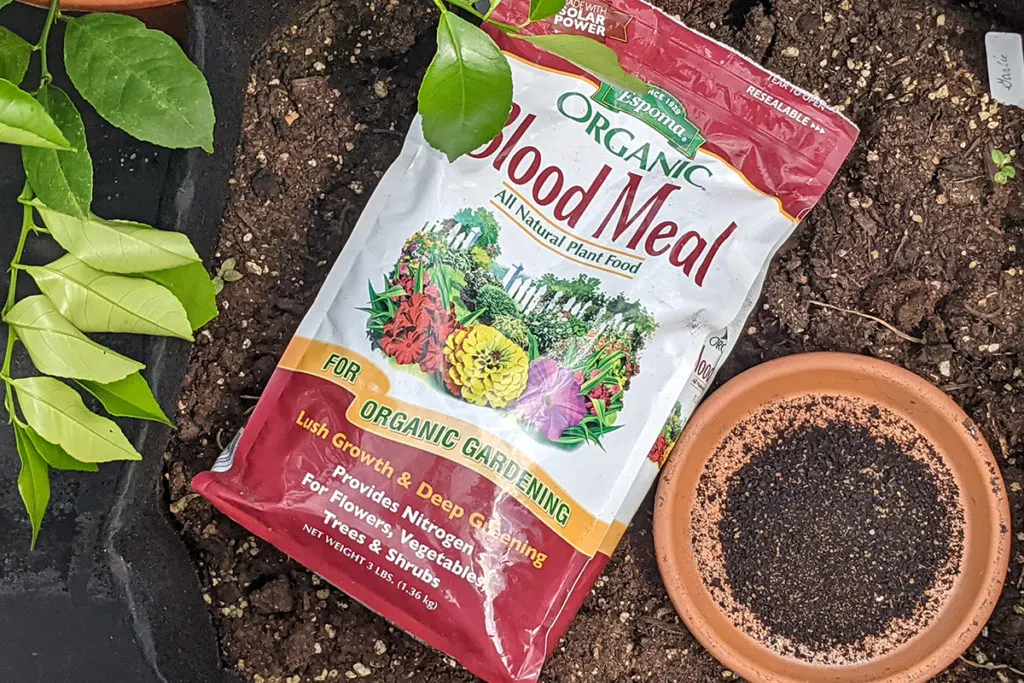The Best Fertilizer For Peppers: A Guide To Growing Hot Sweet Peppers
Peppers are a delicious and versatile vegetable that can be grown in a variety of climates. However, in order to produce a bountiful harvest, peppers need to be fertilized regularly. The type of fertilizer you use will depend on the type of peppers you are growing, as well as the soil conditions in your garden.
In this blog post, we will discuss the three key nutrients that peppers need, and we will recommend some of the best fertilizers for peppers. We will also provide tips on how to fertilize your peppers properly.
What nutrients do peppers need?
The three key nutrients that peppers need are nitrogen, phosphorus, and potassium. Nitrogen is essential for plant growth and helps to produce healthy leaves. Phosphorus helps to promote root development and flowering. Potassium helps to improve the overall health of the plant and also helps to prevent blossom end rot.
What type of fertilizer should I use for peppers?
The type of fertilizer you use for peppers will depend on the type of peppers you are growing, as well as the soil conditions in your garden. If you are growing hot peppers, you will need a fertilizer that is high in nitrogen. For sweet peppers, you can use a fertilizer that is balanced or slightly higher in phosphorus.
If you are growing peppers in poor soil, you will need to use a fertilizer that is high in nutrients. However, if you are growing peppers in rich soil, you may not need to fertilize them as often.
Here are some of the best fertilizers for peppers:
- Miracle-Gro Performance Organics All Purpose Fertilizer is a balanced fertilizer that is perfect for all types of peppers. It is made with natural ingredients and is safe for use around children and pets.

- Espoma Tomato-tone is a high-nitrogen fertilizer that is perfect for growing hot peppers. It is also a good choice for peppers that are grown in containers.

- Jobe's Organics All Purpose Fertilizer is a balanced fertilizer that is made with natural ingredients. It is safe for use around children and pets and is also water soluble, so it is easy to apply.

- Fertilome Pepper Plant Food is a high-nitrogen fertilizer that is specifically formulated for peppers. It is also a good choice for peppers that are grown in containers.

- Dr. Earth Flower Girl Fertilizer is a balanced fertilizer that is made with organic ingredients. It is a good choice for peppers that are grown in poor soil.

How often should I fertilize my peppers?
The frequency with which you fertilize your peppers will depend on the type of fertilizer you are using and the soil conditions in your garden. If you are using a water-soluble fertilizer, you will need to fertilize your peppers more often than if you are using a slow-release fertilizer.
Generally speaking, you should fertilize your peppers every two weeks during the growing season. However, you may need to fertilize them more often if you are growing them in poor soil or if they are not getting enough sunlight.
How to fertilize peppers
To fertilize your peppers, simply mix the fertilizer according to the instructions on the label. Then, water your peppers thoroughly. You can fertilize your peppers by hand or by using a fertilizer spreader.
It is important to avoid fertilizing your peppers too often, as this can burn the roots. If you are not sure how often to fertilize your peppers, it is always best to err on the side of caution and fertilize them less often.
Conclusion
By following these tips, you can ensure that your peppers get the nutrients they need to produce a bountiful harvest. With a little care and attention, you can enjoy fresh, homegrown peppers all season long.
Are you looking for the best fertilizer for your pepper plants? Visit Home Gardening for more information. We have a wide variety of fertilizers to choose from, all of which are specifically formulated for peppers. Our team of experts can help you select the right fertilizer for your needs and growing conditions.
We also offer a variety of other gardening products, including soil amendments, pest control products, and gardening tools. Whether you're a beginner or a seasoned gardener, we have everything you need to grow healthy and productive pepper plants.
Visit Home Gardening today to learn more about our fertilizer for peppers and other gardening products.
FAQ of fertilizer for peppers
- What is the best fertilizer for peppers?
The best fertilizer for peppers depends on a number of factors, including the type of pepper plant, the soil conditions, and the climate. However, a good general-purpose fertilizer for peppers is one with an NPK ratio of 5-10-10. This means that the fertilizer contains 5% nitrogen, 10% phosphorus, and 10% potassium. Nitrogen is important for plant growth, phosphorus helps with root development, and potassium helps with flowering and fruiting.
- When should I fertilize my pepper plants?
You should start fertilizing your pepper plants once they have their first set of true leaves. Fertilize every 2-4 weeks throughout the growing season. If you are growing your peppers in containers, you may need to fertilize more often.
- How much fertilizer should I use?
The amount of fertilizer you use will depend on the size of your pepper plant and the type of fertilizer you are using. Follow the directions on the fertilizer label carefully. It is always better to under-fertilize than to over-fertilize, as too much fertilizer can burn your plants.
- What are some natural fertilizers for peppers?
There are a number of natural fertilizers that you can use for your pepper plants. Some popular options include compost, worm castings, and fish emulsion. These fertilizers are all safe for plants and can help to improve the soil quality.
- What are some signs of nutrient deficiency in pepper plants?
If your pepper plants are not getting enough nutrients, they may show some signs of deficiency. Some common signs of nutrient deficiency include:
* Yellowing leaves: This is a sign of nitrogen deficiency.
* Small, stunted growth: This can be a sign of phosphorus deficiency.
* Brown spots on leaves: This can be a sign of potassium deficiency.
* Falling leaves: This can be a sign of magnesium deficiency.
If you notice any of these signs, you may need to fertilize your pepper plants with a fertilizer that contains the nutrients that they are deficient in.
- How can I prevent nutrient burn in pepper plants?
The best way to prevent nutrient burn is to follow the directions on the fertilizer label carefully. It is also important to water your plants thoroughly before and after fertilizing. This will help to dilute the fertilizer and prevent it from burning the roots.
Image of fertilizer for peppers
10 different images of fertilizer for peppers that are free to use:
- Fish emulsion fertilizer is a natural fertilizer that is made from the decomposed remains of fish. It is a good source of nitrogen, phosphorus, and potassium, and it is also relatively inexpensive.

- Compost tea fertilizer is made by steeping compost in water. It is a good source of nutrients, and it also helps to improve the soil structure.

- Blood meal fertilizer is made from the dried blood of animals. It is a good source of nitrogen, and it is also relatively fast-acting.

- Bone meal fertilizer is made from the ground bones of animals. It is a good source of phosphorus, and it also helps to improve the soil structure.

- Kelp meal fertilizer is made from the dried seaweed. It is a good source of nitrogen, phosphorus, potassium, and other trace minerals.

- Manure fertilizer is made from the manure of animals. It is a good source of nutrients, but it can also contain harmful bacteria. It is important to compost manure before using it on pepper plants.

- Nitrate of soda fertilizer is a synthetic fertilizer that is a good source of nitrogen. It is relatively inexpensive, but it can also be harmful to the environment.

- Potash fertilizer is a synthetic fertilizer that is a good source of potassium. It is important for the development of strong roots and fruits.

- Superphosphate fertilizer is a synthetic fertilizer that is a good source of phosphorus. It is important for the development of flowers and fruits.

- Urea fertilizer is a synthetic fertilizer that is a good source of nitrogen. It is relatively inexpensive, but it can also be harmful to the environment.

Post a Comment for "The Best Fertilizer For Peppers: A Guide To Growing Hot Sweet Peppers"